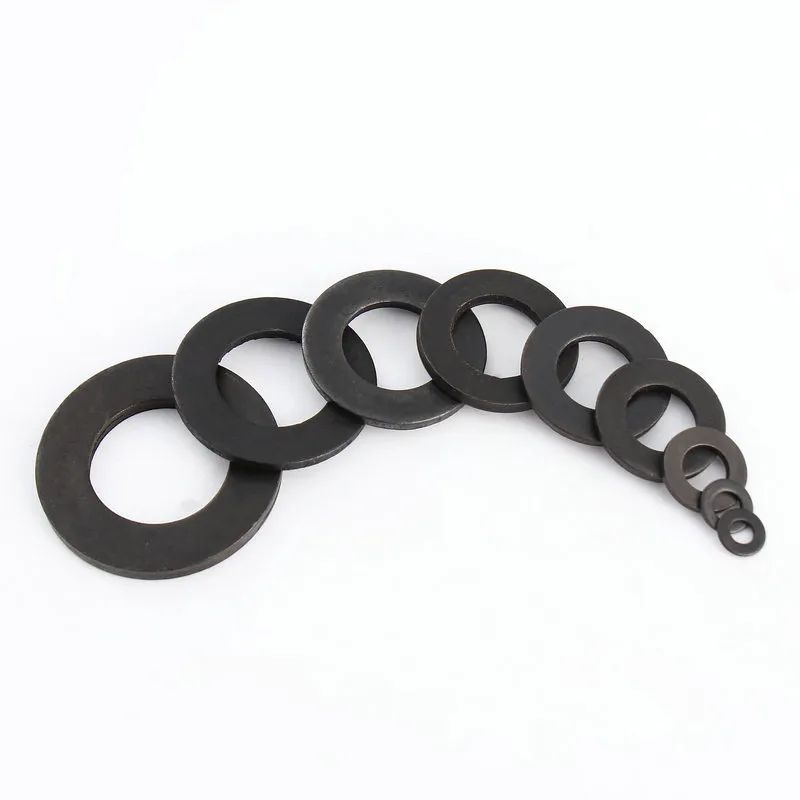

A Comprehensive Guide to Stud Bolt Selection and Applications in Engineering
Oct . 11, 2024 07:47 Back to list
A Comprehensive Guide to Stud Bolt Selection and Applications in Engineering
Understanding Stud Bolts A Comprehensive Overview
Stud bolts are essential components in various industrial applications, known for their strength, durability, and versatility. They are commonly used in the construction, oil and gas, and manufacturing industries. In this article, we will explore the fundamental aspects of stud bolts, including their definition, types, applications, and advantages.
What is a Stud Bolt?
A stud bolt is a type of fastener that consists of a cylindrical rod with threads on both ends. Unlike traditional bolts, which have a head on one end, stud bolts are fully threaded. This design allows for a double nut configuration, where nuts are tightened on both ends to secure two or more components together. The absence of a head enables them to be used in applications where space is limited and is especially useful in high-strength bolting requirements.
Types of Stud Bolts
Stud bolts can be categorized into several types based on their design and application
1. Fully Threaded Stud Bolts These have threads running the entire length of the bolt. They are versatile and commonly used in various applications, including piping systems and structural components.
2. Partially Threaded Stud Bolts These feature both threaded and unthreaded sections. They are typically used when there is a need for a shank area to accommodate specific loads or align components.
3. Double-End Stud Bolts These have threads on both ends and are often used in situations where two nuts need to be installed on either side of a component.
4. Lollipop Stud Bolts These bolts have a larger, unthreaded section (the lollipop) in the middle, providing extra strength and stability during installations.
Applications of Stud Bolts
Stud bolts are used in various industries and applications, including
- Construction They are widely utilized in structural steel framing, anchoring, and securing connections between different building components. Their ability to withstand high loads makes them ideal for this purpose.
stud bolt 1

- Oil and Gas In the oil and gas industry, stud bolts are essential for securing flanges, valves, and pipelines. They need to withstand high pressure and corrosive environments, which makes the selection of the right material crucial.
- Manufacturing Stud bolts are integral to machinery assembly and maintenance, providing reliable connections that can endure vibration and dynamic loads.
- Aerospace In aerospace applications, stud bolts must meet stringent specifications and material requirements to ensure safety and performance.
Advantages of Stud Bolts
The use of stud bolts offers several advantages over traditional fasteners
- High Strength Stud bolts are designed to handle significant tensile and shear loads, making them suitable for heavy-duty applications.
- Versatility Their threaded design allows for easy adjustments and modifications, enabling quick assembly and disassembly.
- Space Efficiency Without a head, stud bolts offer a more compact fastening solution that can be adapted to tight spaces.
- Resistance to Vibration Stud bolts can provide a stronger connection in applications subject to vibration, as the tension can be easily adjusted to maintain a tight fit.
- Corrosion Resistance Many stud bolts are made from materials that resist corrosion, such as stainless steel or specialized alloys, making them suitable for harsh environments.
Conclusion
In summary, stud bolts are invaluable components in various industries, offering a combination of strength, flexibility, and reliability. Understanding the different types and their specific applications can help engineers, designers, and manufacturers make informed decisions when selecting fastening solutions. As technology and materials continue to advance, the use and importance of stud bolts will likely grow, solidifying their role in modern engineering and construction practices. Whether in building infrastructure, leading edge technology, or supporting crucial operations in the oil and gas sector, stud bolts represent the strength and resilience required in today’s demanding environments.
Latest news
-
High-Strength Hot-Dip Galvanized Bolts-Hebei Longze|Corrosion Resistance&High Strength
NewsJul.30,2025
-
Hot Dip Galvanized Bolts-Hebei Longze|Corrosion Resistance&High Strength
NewsJul.30,2025
-
Hot Dip Galvanized Bolts - Hebei Longze | Corrosion Resistance, High Strength
NewsJul.30,2025
-
High-Strength Hot Dip Galvanized Bolts-Hebei Longze|Corrosion Resistance, Grade 8.8
NewsJul.30,2025
-
Hot Dip Galvanized Bolts-Hebei Longze|Corrosion Resistance,High Strength
NewsJul.29,2025
-
High-Strength Hot Dip Galvanized Bolts - Hebei Longze Metal Products Manufacturing Co., Ltd.|corrosion resistance&high strength
NewsJul.29,2025

